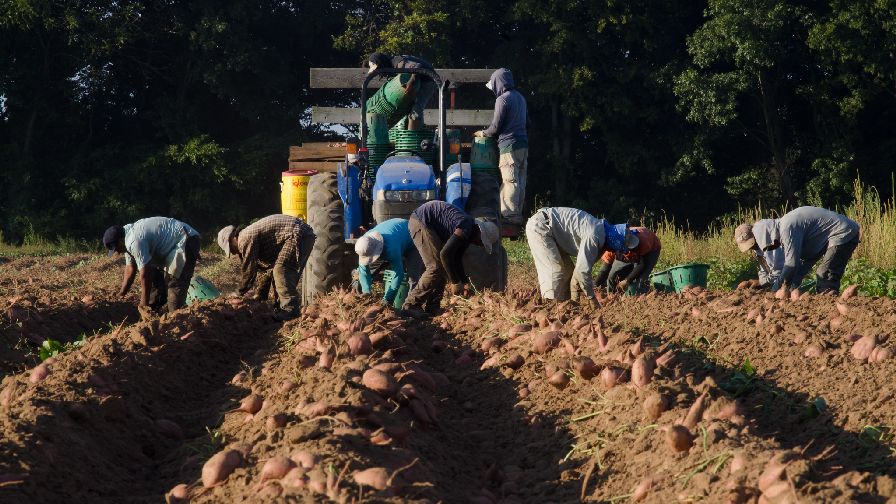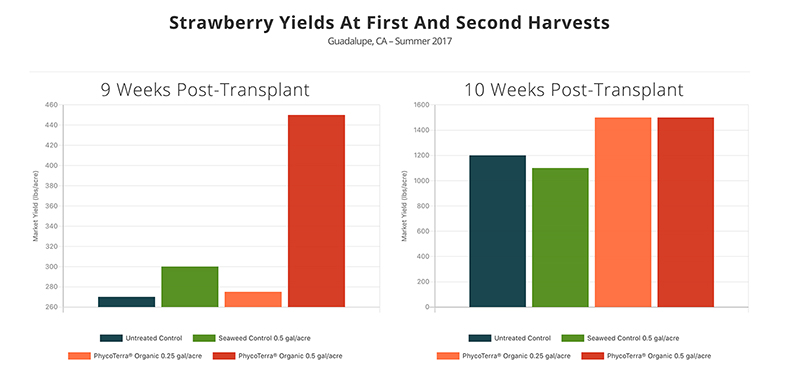Why Ag Labor Reform Has Never Been More Critical

Photo by USDA
Most American have likely seen the bumper sticker slogan, “No farms. No food.” But few are aware of the less catchy reality: “No foreign farm workers. A whole lot less food.”
It doesn’t roll off the tongue, but it’s a reality that growers have lived with for years. The pressure is particularly acute for those in the specialty crop industry, especially during planting and harvesting seasons.
As the current COVID-19-induced international shutdown moves from days into weeks into months, American consumers are recognizing what growers have long known: the nation depends on foreign labor to get food grown on our nation’s farms to our grocery stores and, eventually, onto our plates.
With food insecurity at an all-time high, and people taking risks even to venture out to stores, it is heartbreaking to read about fields being plowed under just because we don’t have the labor to pick the fruits and vegetables ready for harvest.
Should the current pandemic stretch into the fall, growers could face a food crisis unparalleled in our nation’s history, and stories about lost harvests could become the new normal.
In the U.S., nearly 250,000 foreign guest workers help plant and pick fruit and vegetables each year. Even when the system is working its most efficiently in processing H-2A visas, the industry needs more workers than are available. Unfortunately, now with the pandemic slowing things down, many in the specialty crop industry are reaching panic mode.
Even though the State Department has relaxed rules allowing it to process visas faster, companies are still having difficulties getting workers they need on time.
In the highly perishable fruit and vegetable industry, delays of even a few days can damage operations that count on workers to show up during a narrow window to plant or harvest. When that window is missed, the impact can last an entire year.
Farm Labor Has National Attention
The pandemic has reduced the flow of foreign workers into the U.S. to the detriment of individual operations and consumers alike. However, it has served to bring national attention to the ongoing labor shortage faced by the agriculture community. It makes great sense that we should take strong action, both in the short and long term, to make sure this labor force is secure.
For example, in regard to H-2A workers and the crisis, it is unclear if their contribution to a company’s payroll can be counted for purposes of securing a Paycheck Protection Program loan. The Small Business Administration should make it clear that these essential legal workers should absolutely have their paychecks counted, as they are clearly a requirement that the farmer bears and part of the business they are trying to protect.
In the early days of the pandemic, U.S. Representative Dan Newhouse — a fourth-generation farmer from Sunnyside, WA — National Potato Council’s Eye on Potatoes podcast to discuss how ag labor reform becomes even more critical during a time of crisis.
“We can no longer depend on people without proper documents to work on our farms,” he said. “There’s too much at stake not to have a legal workforce.”
We in the potato industry agree, which is why we remain focused on enacting a workable, efficient solution to address our nation’s longstanding farm labor challenges both for the present and the future.
We Need to Act Now
Unfortunately, with our federal government focused on immediate needs surrounding the pandemic, Senate negotiations on the House-passed Farm Workforce Modernization Act have stalled.
Yet, as families worry about their dwindling food pantries, now is exactly the time to enact long-term solutions that will provide American agriculture with a stable, legal, and reliable workforce now and into the future.
When — hopefully soon — the current reality passes into our rearview mirror and we resume a sense of normalcy, we as a nation cannot fall back on relying on an antiquated H-2A visa system that has been a burden to growers and workers alike. As the coronavirus has exposed and as food-insecure Americans now better understand: There is too much at stake.
Editor’s note: To download the episode, “U.S. Rep. Newhouse on Ag Workforce Reform, and NPC Celebrates National Ag Day,” search for and subscribe to Eye on Potatoes in your preferred podcast app.










